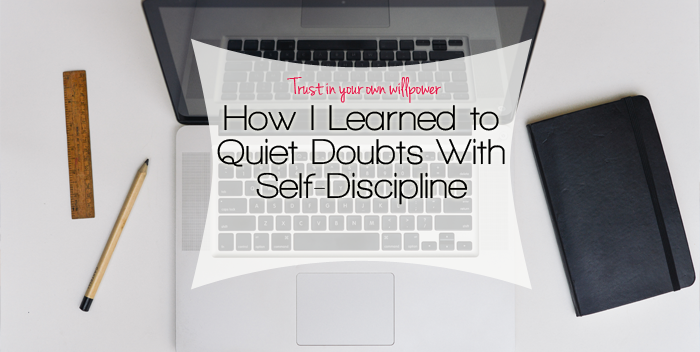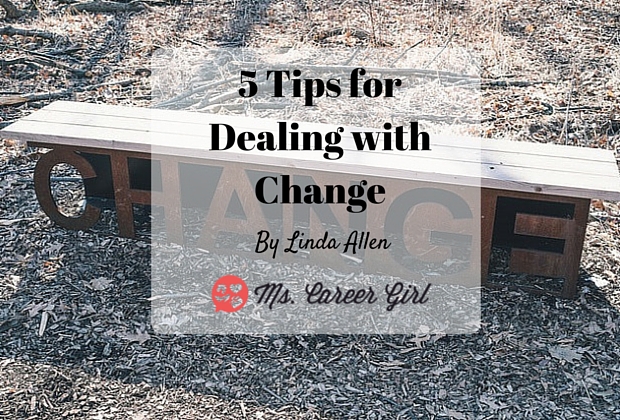When Should You Get Help for Anxiety?

Are you familiar with the feeling of a sudden heavy weight on your chest and the sense of urgency becoming overwhelming?
You aren’t alone. Women are twice as likely to suffer from anxiety, but deciphering if your stress is chronic or temporary is often the first step in rebalancing your mental health. Knowing how to improve your daily routine and what resources are available is critical. There is online help, and you either have or can get insurance for depression and anxiety.
You don’t need to be diagnosed to experience these symptoms because life is stressful. We are all prone to becoming anxious and may need help from time to time. If any of these symptoms resonate with how you have felt, it could be time to reach out.
Chronic Anxiety vs. Rough Patch
Anxiety is something everyone on Earth will experience at some point in their lives, and unfortunately, unlike chickenpox, it won’t be a one-time occurrence. It is common to experience anxiety in anticipation of important events, like when starting something new or in times of tragedy. However, when anxiety begins to outlast these periods, it could be a sign of something more serious.
For women learning how to balance being a mom, wife, and working professional, anxiety attacks can go from situational to so frequent that they interrupt daily life. Anxiety can be a symptom but can also be a diagnosis.
Telling the difference between the two at times may be difficult since the illness is a symptom in itself, so listed below are the different ways anxiety can show itself through other symptoms.
- Feeling nervous or tense
- Having a sense of impending danger, panic, or doom
- Trouble falling or staying asleep
- Nightmares or recurring night terrors
- Trouble concentrating
- Difficulty controlling worry
Aside from emotional anxiety can also appear in physical ways such as:
- Excessive sweating
- Increased heart rate
- Rapid breathing
- Trembling
- Gastrointestinal problems
- Feeling weak, tired, or fatigued
- Nausea
- Chills
- Hot flashes
- Chest pain
- Dry mouth
- Vomiting
- Frequent urination
Suppose you find yourself experiencing any of these symptoms in times where anxiousness should subside or when life seems to be in a calm state. In that case, you could very well be experiencing anxiety on a more severe level.
Habits Hiding Anxiety
Socially we think of being punctual and prepared for anything as positive and productive traits, but anxiety has a way of affecting our daily thoughts, routines, and habits.
A list of anxiety influenced behaviors are:
- Needing to be early: If you find that merely being on time isn’t enough and causes you to become irritated or stressed, this habit could be a learned behavior from heightened levels of anxiety.
- Intentional social distancing: Not the COVID prevention kind, but if the idea of being around people and small talk makes you uneasy, the root cause could be an anxiety disorder.
- Fidgeting and nail-biting: Excessive fidgeting with your body or clothes is a physical way we show we are uneasy.
- Being a perfectionist: Another learned behavior and often a trauma response developed to combat feelings of anxiousness.
- Keeping a packed schedule: Does rest make your heart race? A side effect of chronic anxiety is burnout due to the fear of stopping.
- Forgetfulness: If you continually forget details, your anxiety could simply be taking up too much mental space, and details big and small are getting lost in the shuffle.
Many of these symptoms we chalk up to personality and preference when the habits are manifestations of our anxiety. Many habits we develop through childhood are actions that we feel protect or soothe us from what we perceive as a potential physical threat, or that will cause emotional turmoil.
What You Can Do to Reach Out for Help
If any of these symptoms appear to be frequent in your life, meaning you experience them for long periods at a time or without reason, it could be time to start taking them more seriously.
See a Counselor
Therapy is highly underrated. Talking with a therapist is more than just sitting on a couch and listing your problems. Therapists help you analyze and manage your responses to the outside world, giving you tools to better understand your mental state and your relationships with others.
Be Open to Medication
This route isn’t for everyone, and that’s okay, but medication has been clinically proven to help manage chronic anxiety symptoms. Changing your daily habits and practicing meditation is helpful but isn’t enough for everyone. And if it’s not covered by insurance, you can save money if you buy medicine from Canadian pharmacy options.
Join a Support Group
Mental ailments can make people feel ostracized and outcasted. The stereotypes behind what healthy and mentally stable people look and act like can be triggering to those who frequently struggle with mental health.
Joining a support group will help you create and maintain anxiety-reducing habits and lifestyles that at first feel strange to implement. Having a community is proven to make a positive difference when someone seeks to change their life.
Keep a Journal
Write down your emotions as well as the events that triggered your anxiety or anger. Document your eating, your exercise routine, and even your silent thoughts to monitor how often your anxiety peaks.
We often don’t realize how often negative feelings come up, and we tend to downplay their depth and frequency. By journaling, you can adequately document your symptoms.
Get Diagnosed
There are multiple forms of anxiety, and it will likely take time for you to get a correct diagnosis. Post-traumatic stress disorder (PTSD), generalized anxiety disorder, panic disorder, social anxiety disorder (previously called social phobia), and separation anxiety disorder are all specific forms of anxiety.
Knowing how to combat and cope with what specifically affects you is crucial in lessening your symptoms’ severity and frequency.
Ask for Help
Identifying your symptoms’ specific cause can help you create strategies to make this your breakthrough year and help you design a low stress-inducing routine. Treatment plans should be tailored to your lifestyle and be progressive toward the goals you want for your future.
Daily practices like refraining from drugs and alcohol, getting adequate sleep, exercising, getting sun, maintaining a balanced diet, and drinking enough water are natural ways to ease anxiety levels but are not always enough. In some cases, you may benefit from looking into different kinds of therapy, like yoga which is sometimes covered by health insurance.
Reach out even if you believe you are only feeling anxious and uneasy for a specific reason or short period because untreated anxiety can develop into more permanent habits. Take back your life and break the cycle. Stop stress in its tracks by getting the help you deserve.
This post was provided by Danielle Beck-Hunter
Danielle writes and researches for the life insurance site, QuickQuote.com. Danielle graduated from the University of Nevada Las Vegas with a fine arts bachelor’s degree. She often studies mental health disorders, coverage, and healthy living practices used to improve life quality.




